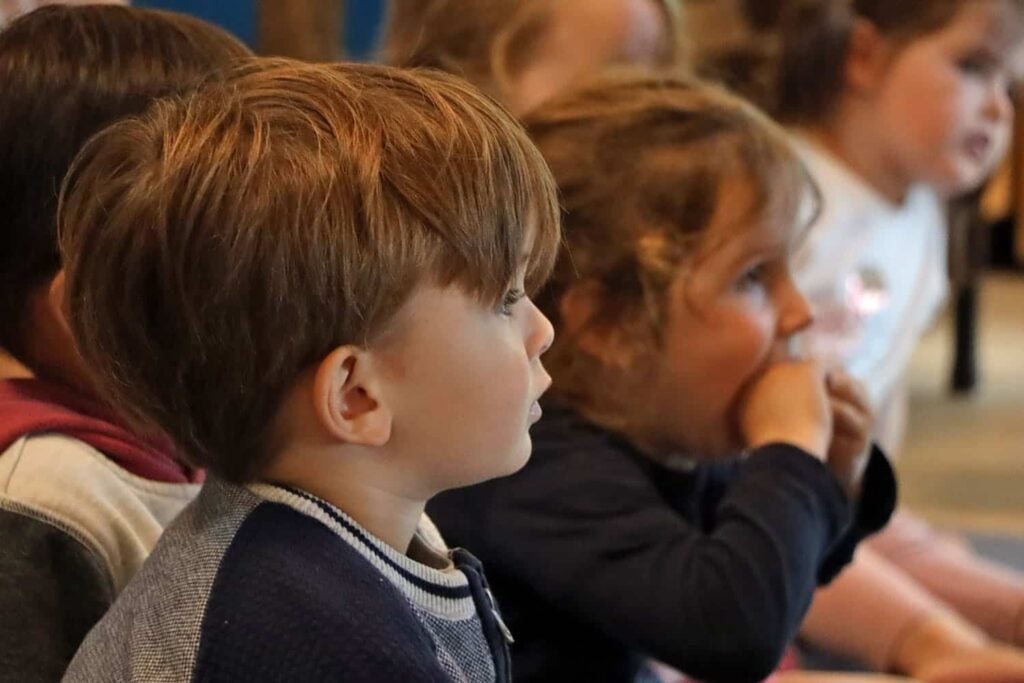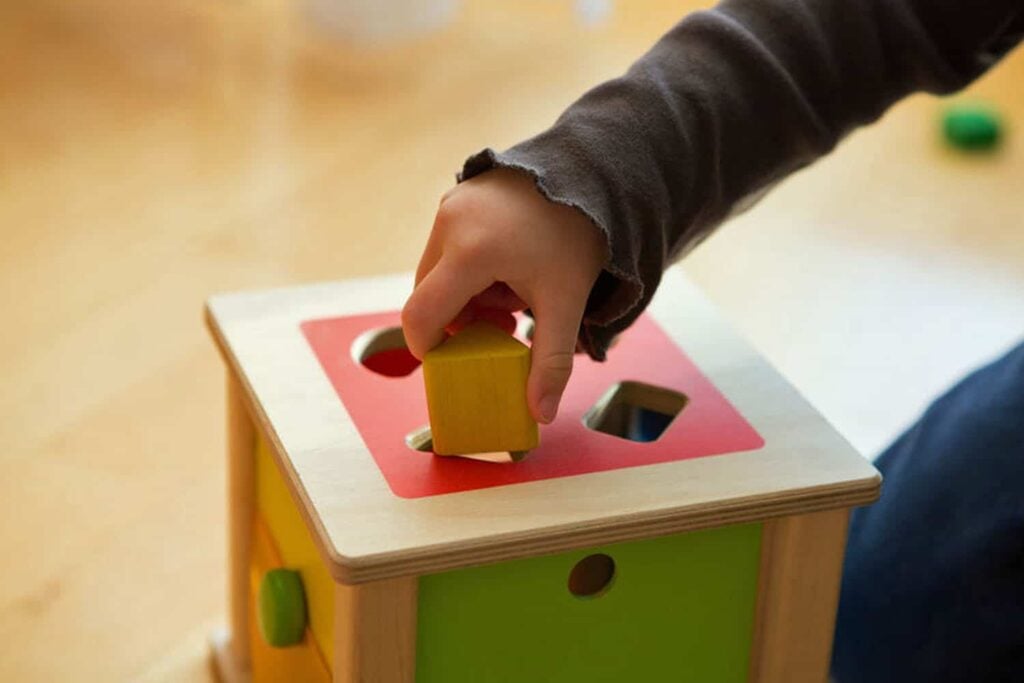Is More Intensive Participation in ECE Better for Children?
What the Research Says.
The methodologically soundest/best research over the past 20 years on the effects of participation in childcare (also called early childhood education) was assessed.
Key Findings
Children attending full-time ECE/childcare as compared to part-time (around 12.5 hours per week or 2.5 hour sessions) do not have significantly better developmental outcomes. In other words it is the experience of attending a group early childhood programme that matters, and more time in the programme does not equal greater benefits for children
The most robust research points to parents/family having greater impact than the childcare/ECE experience on children’s developmental outcomes. This is no surprise and confirms what early childhood professionals generally know and acknowledge. Therefore, effort put towards supporting families to provide great home learning environments for children and allowing parents to make child-rearing arrangements that are best for their child and for family well-being would pay off.
The evidence also points to ECE/childcare having both developmental risks and benefits. There can be cognitive gains (at least in the short-term and dependent upon the effectiveness of the primary school children go on to) but there can also be negative outcomes for children’s health, mothers’ sensitivity in interaction with their children, problem behaviours and aggression in children.
The combined effects of home factors, ECE factors, and primary school factors are important to consider. The British EEPE 3 – 11 project notes that attending a less academically effective primary school can wash out any benefits to be gained from attending a more effective or a higher quality preschool. Children who did not attend preschool or attended a lower quality preschool can “catch up”. Results from the Early Childhood Longitudinal Study-Kindergarten Cohort in the US similarly point out that the longer-term effects of preschool experience can depend on classroom experiences during at least the first years of school (Magnuson, Ruhm & Waldfogel, 2007). Public policy should therefore also be concerned about transition to primary school and ensuring that any benefits children gain from attending child care/ECE continue to be supported by effective academic instruction.
Children attending childcare/ECE programmes can experience worse health outcomes than those who do not. They are more likely to need antibiotics for preventable illnesses. The evidence also indicates that children who may be more at risk may be protected by breastfeeding and being in a familial setting, especially before 2.5 years.
Policy Implications
On the basis of the best evidence, it seems unwise for public policy to promote a view that more intensive participation in good-quality [non-parental] ECE is better for every child regardless of parental choice. We should be looking for ways to support busy parents, to ensure that they have choice of early childhood service and what hours they actually need to use, and to recognise that the primary purpose of early childhood centres is to support parents and families and not to replace them. The potential benefits of attending an early childhood programme will not be as strong for children otherwise.
Furthermore, policy that seeks to make early childhood centres more like schools, risks institutionalising children’s learning and makes it more difficult for centres to support parents.
As family/parents have the greatest impact on child outcomes it seems essential that information such as that provided in this paper is not kept from parents.
For more on whether intensive participation in ECE Better for Children than Less, go to the Report: Assessing the Evidence on the Effect of Early Childhood Education








